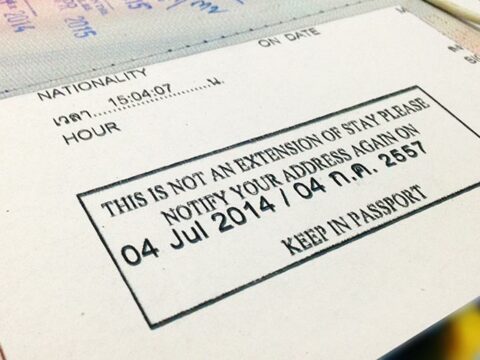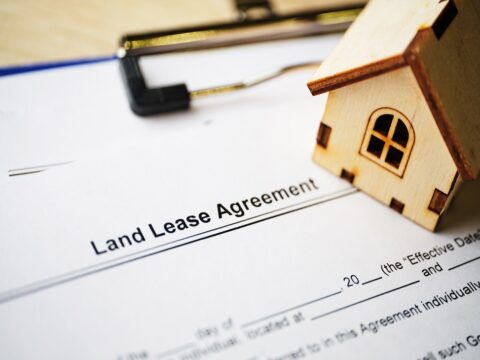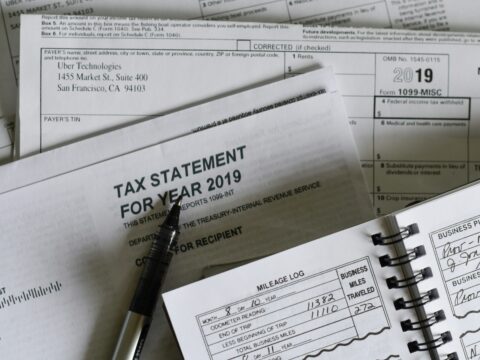Tag: thailand
Child Support in Thailand
Child support in Thailand is a legal obligation designed to ensure that children receive adequate financial care from their parents, regardless of marital status or living arrangements. Thai law places the child’s best interests at the center of all support determinations, emphasizing parental responsibility, fairness, and the child’s right to…
Thailand Privilege Visa
The Thailand Privilege Visa (commercially known as the Thailand Privilege Card/Program) is a membership-based long-stay product that exchanges a one-off (or multi-year) fee for multi-year, multiple-entry immigration convenience plus a suite of concierge services. It is a lifestyle-oriented immigration product aimed at affluent long-stayers — retirees, frequent travelers, investors and…
Affidavit of Foreign Law
Affidavit of Foreign Law . When a court or tribunal must apply a foreign legal rule, that rule is typically treated as a question of fact rather than law; the party relying on it must prove what the foreign law says and how it applies. An affidavit of foreign law…
Last Will and Testament in Thailand
Last Will and Testament in Thailand. In Thailand, as in any country, a Last Will and Testament provides peace of mind by ensuring that a person’s wishes regarding their assets are respected after death. Without a will, Thai intestacy rules determine who inherits, and the result may not reflect the…
Child Custody in Thailand
Child custody in Thailand is governed primarily by the Civil and Commercial Code (CCC), the Child Protection Act B.E. 2546 (2003), and relevant procedural rules of the Thai courts. It determines who has the legal rights and responsibilities for the care, upbringing, and decision-making over a child under Thai law….
90-Day Reporting
90-Day Reporting. Foreign nationals residing in Thailand on long-stay visas are subject to a recurring obligation known as the 90-day report—a regulatory mechanism that requires individuals to notify Thai immigration authorities of their current place of residence every 90 days. Despite appearing as a routine administrative task, failure to comply…
Litigation in Thailand
Litigation in Thailand. Thailand follows a civil law system, heavily influenced by German and French models. Its legal framework is codified into statutes, and judicial precedent is not binding, although Supreme Court decisions (known as Dika decisions) are considered persuasive. Key features include: Inquisitorial elements: Judges take an active role…
Property Leasehold in Thailand
Property Leasehold in Thailand. In Thailand, foreign nationals are largely prohibited from owning land directly under the Land Code Act. As a result, leasehold agreements have become one of the principal methods through which foreigners secure rights to occupy and use property — particularly residential homes, villas, and commercial premises….
Thailand Income Tax
Thailand Income Tax is governed by the Revenue Code, a legal instrument administered by the Revenue Department under the Ministry of Finance. The code outlines taxation obligations for individuals, juristic persons (corporate entities), and certain non-resident earners of Thai-sourced income. The country operates on a self-assessment regime, placing the onus…
Escrow Accounts in Thailand
Escrow accounts in Thailand are a critical financial tool used to facilitate secure transactions, particularly in high-value deals such as real estate, mergers and acquisitions, and international trade. In Thailand, the use of escrow accounts has grown in prominence as the country’s economy continues to integrate with global markets. However,…











